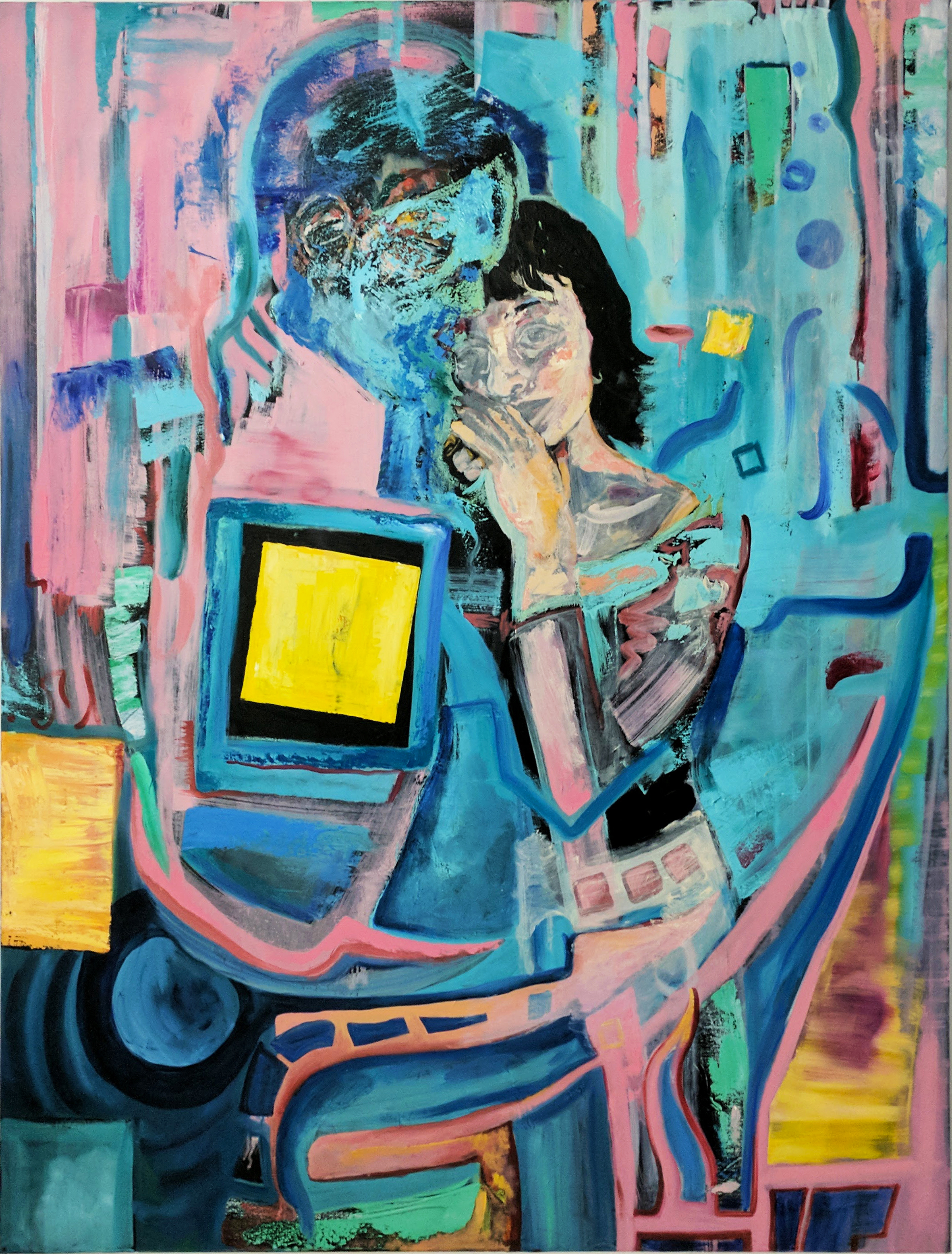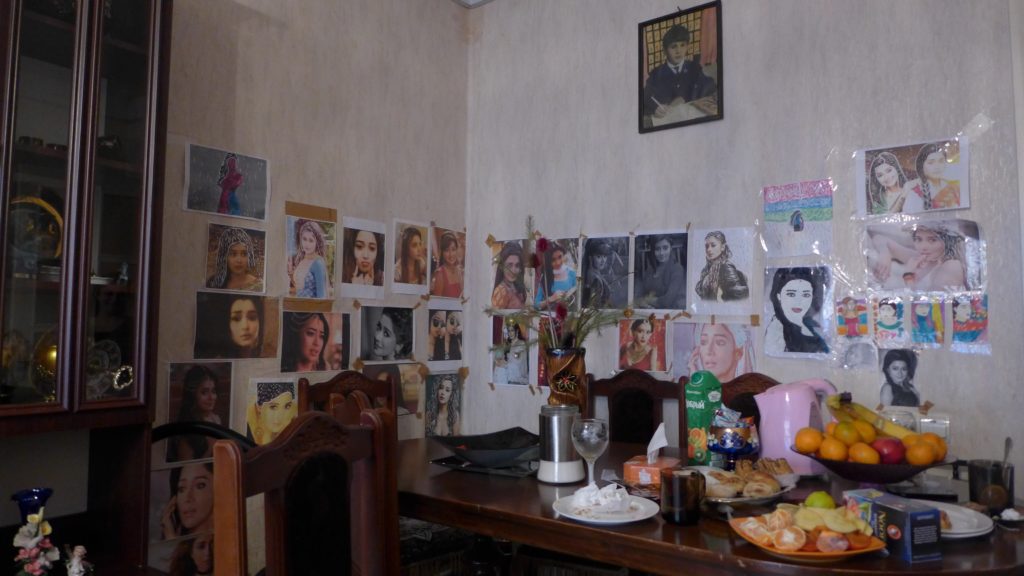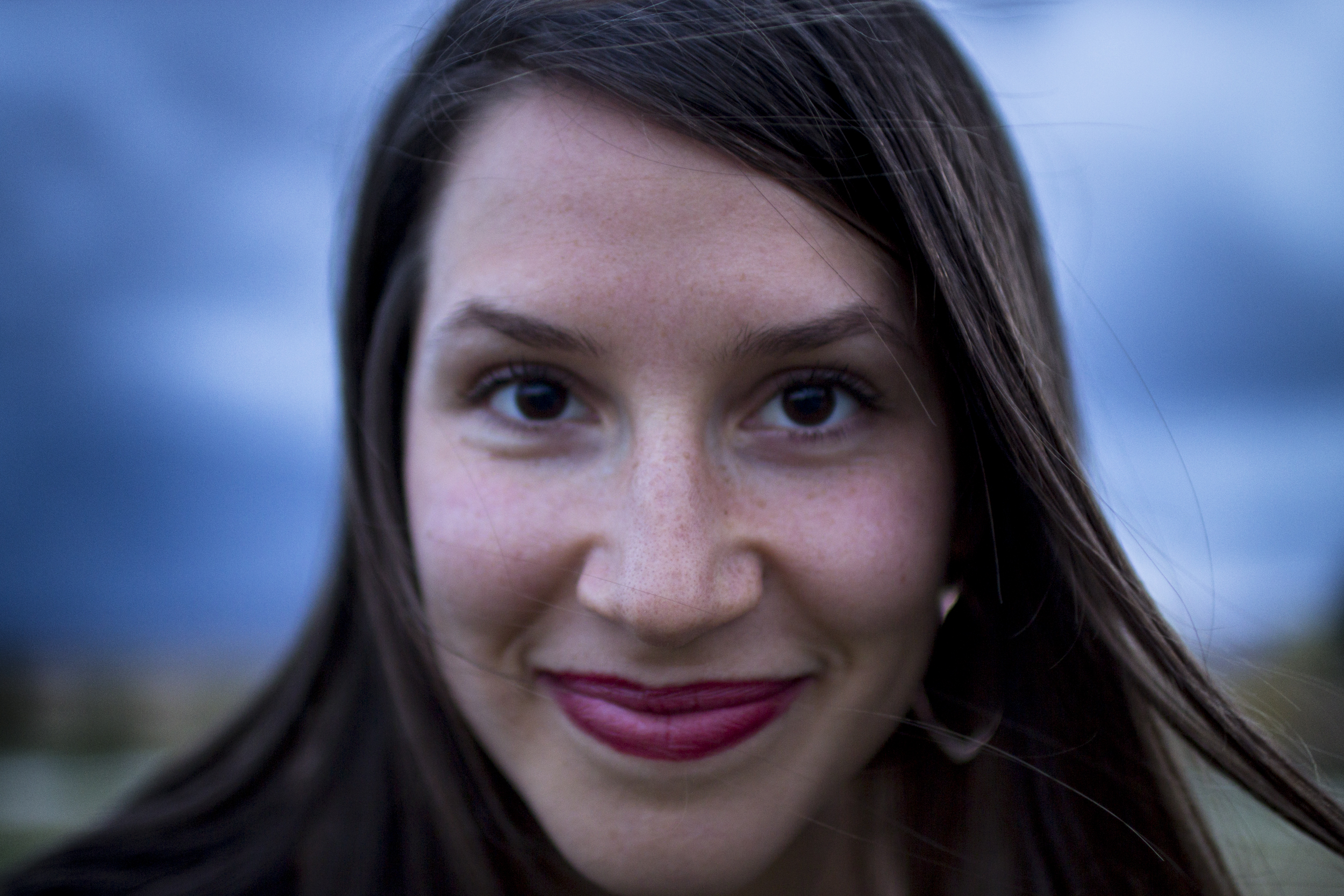
When I was 19 and living in Ireland, a young man named Declan asked me out on a date. “Feel free to say no,” he wrote via text, clearly anticipating rejection. “I won’t be offended.”
He was sweet, but not my type, so I said “no.” But this time, the “no” was an especially difficult one, because Declan was confined to a wheelchair. Although his limited mobility had played no role in my decision, it opened my eyes to the complex, often unspoken emotional toll of disability. No matter what reason I or any other girl gave him, Declan might never be able to shake the feeling that his disability and his desirability were incompatible.
Among the myriad of challenges associated with special needs, one often remains unaddressed: the inevitable awakening to the world of romance and the struggle of unrequited love. For children with disabilities, especially of a physical nature, the maturation process is fraught with self-doubt and heartache. With adolescence come both a surge of confusing hormones and the simultaneous comprehension that dating, marriage and the creation of a family may be impossible dreams.
It’s been some time since Declan asked me out, but the memory recently resurfaced. I currently volunteer at Emili Aregak, a support center for youth with a range of disabilities in Gyumri, Armenia. Here, the problem of unrequited love is common and complicated by several factors. Disability still carries great stigma in Armenia. Because of this, youth often face rejection in mainstream society, making romantic rejection that much harder to accept. In addition, romantic feelings and struggles can be rather taboo topics in the home, although early marriage and childbearing are both familial expectations and cultural norms. According to a recent study conducted by the Friedrich-Ebert-Stiftung (FES) organization on trends among Armenian youth, about 94-percent of respondents saw their future selves married with a family.
To understand a bit more about the emotional trials of youth with disabilities, I sat down with some of the staff at Emili Aregak. Hasmik, the PR Coordinator, told me that the beneficiaries often fall in love— especially with the Center’s volunteers. “It’s normal,” she explained. “It’s human.”
Venera, who works directly with the youth, went more in depth recounting the stories of two young men – Andranik and Artin.
Venera has known Andranik since he was nine. The young man, now 15, has cerebral palsy, a sharp mind and a habit of falling deeply in love. In fact, his mother tells him he falls in love too much. To this, Andranik retorts that it’s not his fault. He simply opens his eyes, and there are always beautiful women around him.
Five years ago, Andranik fell for one of the volunteers—a married woman with two children. Later, it was the girlfriend of Aram, a volunteer. During Aram’s army service, Andranik counted the days until the young soldier would return from Artsakh and reunite with his beau. The young couple would be together again, and the teenager would be alone with his dreams.
“Andranik becomes stressed when he is in love,” Venera told me. “He wonders: Why don’t girls love me? Is it because I am in a wheelchair? He asks me: Is Aram a good boy, and I’m not?”
“He wonders: Why don’t girls love me? Is it because I am in a wheelchair?”
Although it’s unlikely that Andranik will ever marry, Venera is a firm believer in the power of hope, mixed with a dash of grounding realism. “It’s very important that the kids don’t stop dreaming,” she said. “At the same time, Andranik needs to realize that girls also have the freedom to say yes or no to him.”
 Currently, Andranik has set his sights on the Indian actress Tina Dutta; unlike the other girls he’s fallen for, she can’t break his heart. In fact, she’s someone so unattainable and distant as to be little more than a muse; still, he’s collecting money in a jar for a trip to India.
Currently, Andranik has set his sights on the Indian actress Tina Dutta; unlike the other girls he’s fallen for, she can’t break his heart. In fact, she’s someone so unattainable and distant as to be little more than a muse; still, he’s collecting money in a jar for a trip to India.
The problem may be even more acute for those with high-functioning autism, who are adept of body and mind, but lacking in the social skills so integral to successful romantic relationships. My own nephew, who has Asperger’s Syndrome, is only nine. Along with becoming a programmer (like his dad), his goal is to be a husband and father. At this point, he’s not cognizant of the roadblocks to that goal—roadblocks that Artin, another young man at the Emili Aregak Center, is beginning to see.
At 17, Artin appears to be a typical teenager and wants desperately to be one. He has a part-time job, loves cars and girls, and speaks three languages. But like my nephew, he struggles with Asperger’s Syndrome, and like Andranik, he frequently falls for the female volunteers.
Artin can’t understand why they don’t reciprocate his feelings. One time, he looked a volunteer straight in the eye, banging his fist on the table, and asked her: “Can you tell me why you don’t love me?”
The young man frequently vents his frustration to Venera; she’s one of the only confidants he has. For six to seven months, the two would talk about his romantic woes nearly every day. “I earn money, I can take care of a family,” he would protest. “What is the problem?”
“We need to have answers for their questions,” Venera told me. “Frequently, families are afraid to discuss these topics. For example, Artin’s parents gave him permission to have a girlfriend, but they never explained to him how.”
“At home, he cannot show his emotions,” she continued. “It’s ‘closed’ in Armenia. Normally, boys don’t talk about things like this with their parents.”
One of the young men quoted in the FES study echoed this sentiment. Commenting that teenage relationships are hardly condoned in his regional town, even among the abled, he noted: “…At school age, you fall in love, and start to date… They think badly of it… Society doesn’t accept it.”
While there is still cultural stigma against discussion of romance and emotions in many parts of Armenia, especially among older and more rural populations, the same demographic groups tend to exhibit an entrenched prejudice against the disabled.
This latter stigma may be the more complicated to overcome as well as the biggest difficulty in relationship-forming. Extended family are often considered in the spouse selection process; in fact, 80-percent of Armenian youth believe family consent to be important. But things become complicated when relatives view disabilities or other perceived undesirable traits as shameful family blights.
In an interview with Human Rights Watch, one young woman discussed her decision to send her four-year-old with cerebral palsy to an orphanage because of the impact he might have on her relatives.
“The issue for us was not entirely about finances. We have to think about the bigger family,” she explained. “My brother is still young. We are thinking about any potential bride for him. No one will want to see an unhealthy child at [our family’s] home.”
Even if Artin or Andranik were able to secure love, would their partners’ families condone their relationships? Maybe. Maybe not.
Although repeated rejection takes its toll, Venera tells me she always works to keep hope alive in the youth. Love, or the possibility of it, can be a strong motivating factor.
Andranik, for example, often resents his condition, struggling with bitterness and despondency. When he fails to exert himself during therapy and refuses to recognize the abilities he does have, Venera exhorts him to think with perspective. “When you sit bent over in your wheelchair, staring at your legs, will girls look at you?”
Love is an incentive. “When we stop dreaming,” Venera believes, “we stop living.”
Editor’s Note: The identities of the young people in this story have been changed to protect their privacy.



Heart touching, beautifully crafted piece with a hard message at its core.
My heart goes out to these boys and men in Armenia. What is wrong with the families of these youngsters. Just from the interviews in this article, they show such openness and capacity for love along with a willingness to work at becoming good husbands and fathers. Armenia especially needs to get over discrimination about young people with physical challenges. Let me put it more realistically, there are far more women and girls in Armenia than men, as a lot of men have gone to other countries for work. I’m sure if the parents of these boys and young men with physical challenges were open to the possibilities of happiness for their sons, brothers, and nephews young women would indeed accept them. SHOW SOME LOVE AND ACCEPTANCE, ARMENIANS!
Nicely done Sarah! Thank you.
We have evolved in many ways into a more naturalistic, survival of the fittest almost animal-like society in how we treat each other and our differences, whether they be physical, intellectual, religious, ethnic, income related, etc. As Armenians, our history can attest to this as well. Even in family life, we can see this played out where a parent’s constant criticism can break a child’s spirit to the point where he or she thinks they’re no good; will never amount to anything which can “disable” them as well. I even heard a true story of how one Armenian woman got into a “disagreement” with another Armenian women who said something to the effect that if one does not speak Armenian they are not Armenian enough. I wonder if the other woman might have thought that her children were “disabled” for not speaking Armenian! And then there is this story that my mother told me. My grandmother died of ALS while my mother was very young. This was a tremendous blow to her. To add insult to injury, at a house party with her girlfriends she overheard a mother telling another mother something like ” I would not want my child to marry into a family that had an illness.” You can only imagine how hearing that did not make the loss of her mother any easier.
I understand that circumstances will determine the outcome of how we treat people, even our own family members. There are times when we wish we could do more. But this article has prompted me to at least become more sensitive and aware of people that I may or may not know (a neighbor perhaps) who are disabled and ask myself what can I do to make that person’s life a little bit easier and more enjoyable.
woow, incredible, food for thought. Thanks!